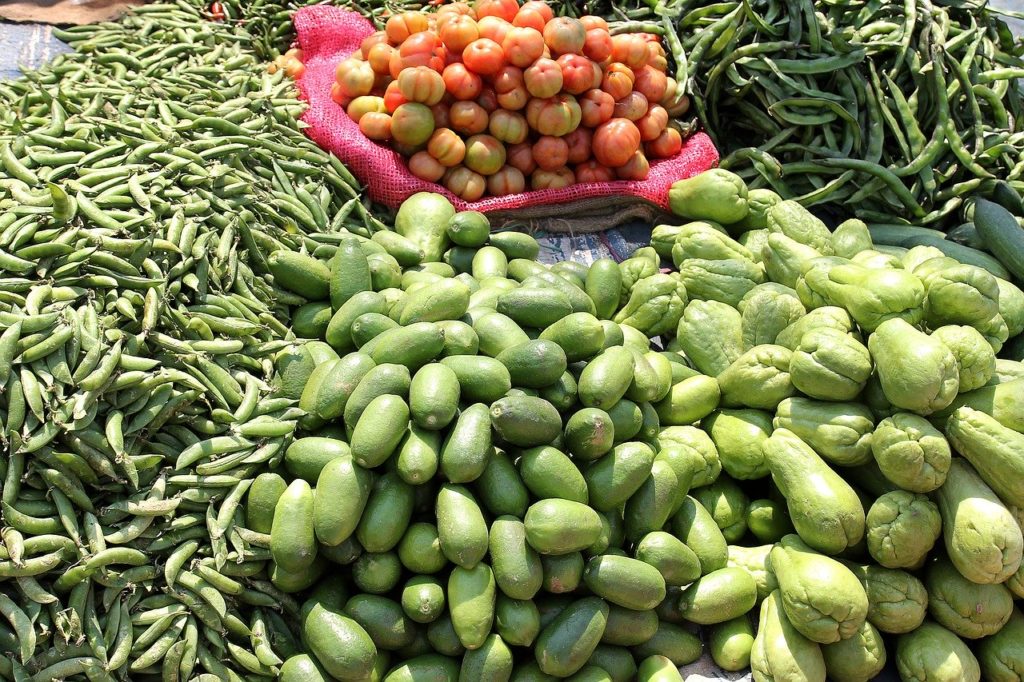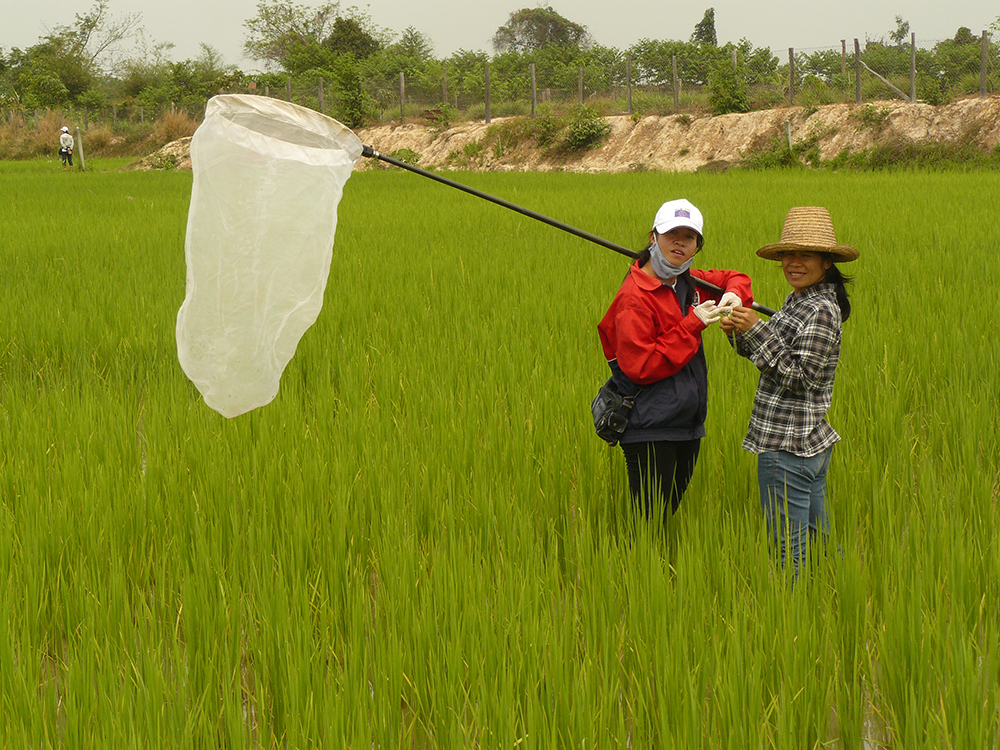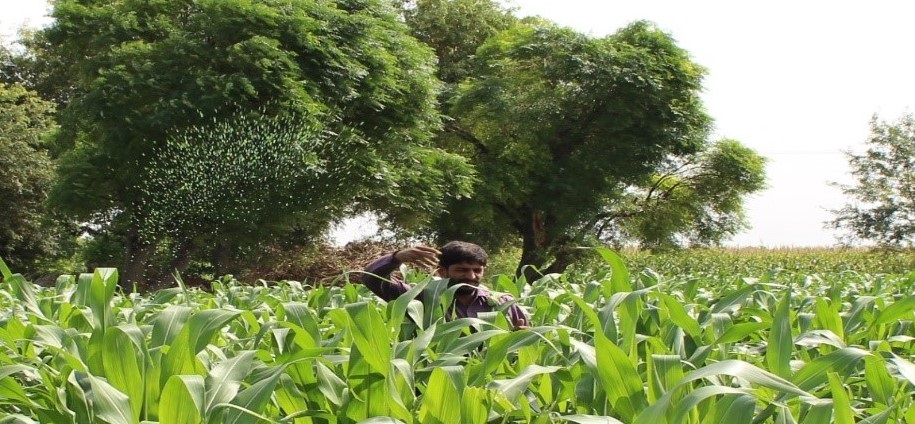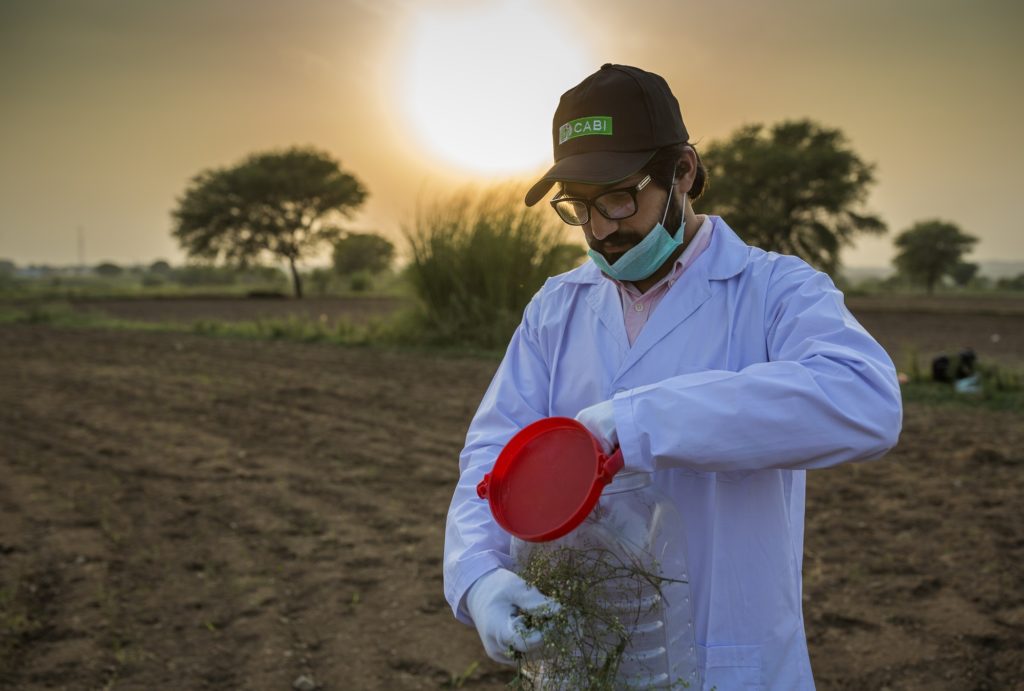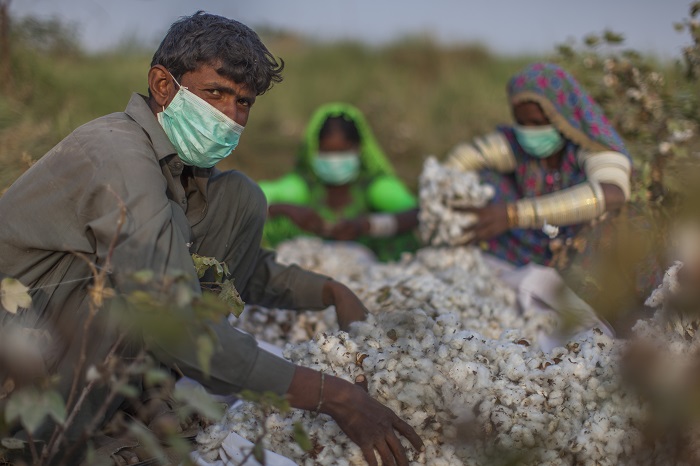International Tea Day 2020: celebrating tea’s importance to our planet
International Tea Day aims to increase public awareness of sustainable production and consumption of tea; its importance in fighting hunger and poverty as well as improve the tea value chain. On this inaugural International Tea Day, CABI is honoured to celebrate the smallholder farmers we work with through countries with the systems and economies that rely on the production and commercialisation of tea to thrive.
Q&A with CABI’s climate change manager
CABI envisions a world in which smallholder farmers can confidently face the challenges of climate, delivering ecosystem services for a climate-resilient future. In support of SDG 13: Climate Action, CABI is focused on supporting the uptake of climate smart agriculture. As such, this year we welcomed a new member of staff, Jonny Casey, as CABI’s first Climate…
Enjoy two weeks free access to CABI’s Crop Pest Diagnosis online course
CABI is providing two weeks free access to its Crop Pest Diagnosis online course to encourage knowledge expansion on healthy plants – supporting students and plant health specialists during the coronavirus COVID-19 pandemic.
Is chocolate under threat?
Otherwise known as ‘the food of the gods’ Theobroma Cacao is cocoa - the key ingredient from which chocolate is produced. The various species of cocoa such as Criollo and Forastero mainly originate from the Amazon jungle and are planted and produced in Colombia, Brazil, Ivory Coast, Cameroon, Indonesia, Ghana, Ecuador and Nigeria
CABI Confronting the Climate Crisis
The impacts of climate change will not just be experienced by our grandchildren in decades to come. For the 800 million of smallholder farmers across Africa, Asia and Latin America, the hazards being driven by climate change are already threatening their lives, incomes, and yields. CABI is working across its centres and with its partners…
CABI Impact Brief showcases successes in capacity building for Better Cotton Initiative
A CABI Study Brief, entitled ‘Improving the safety and quality of cotton production in Pakistan’ shares findings on the impact of a CABI capacity building programme for farmers and farm workers involved in the Better Cotton Initiative (BCI) in two Pakistan districts.


